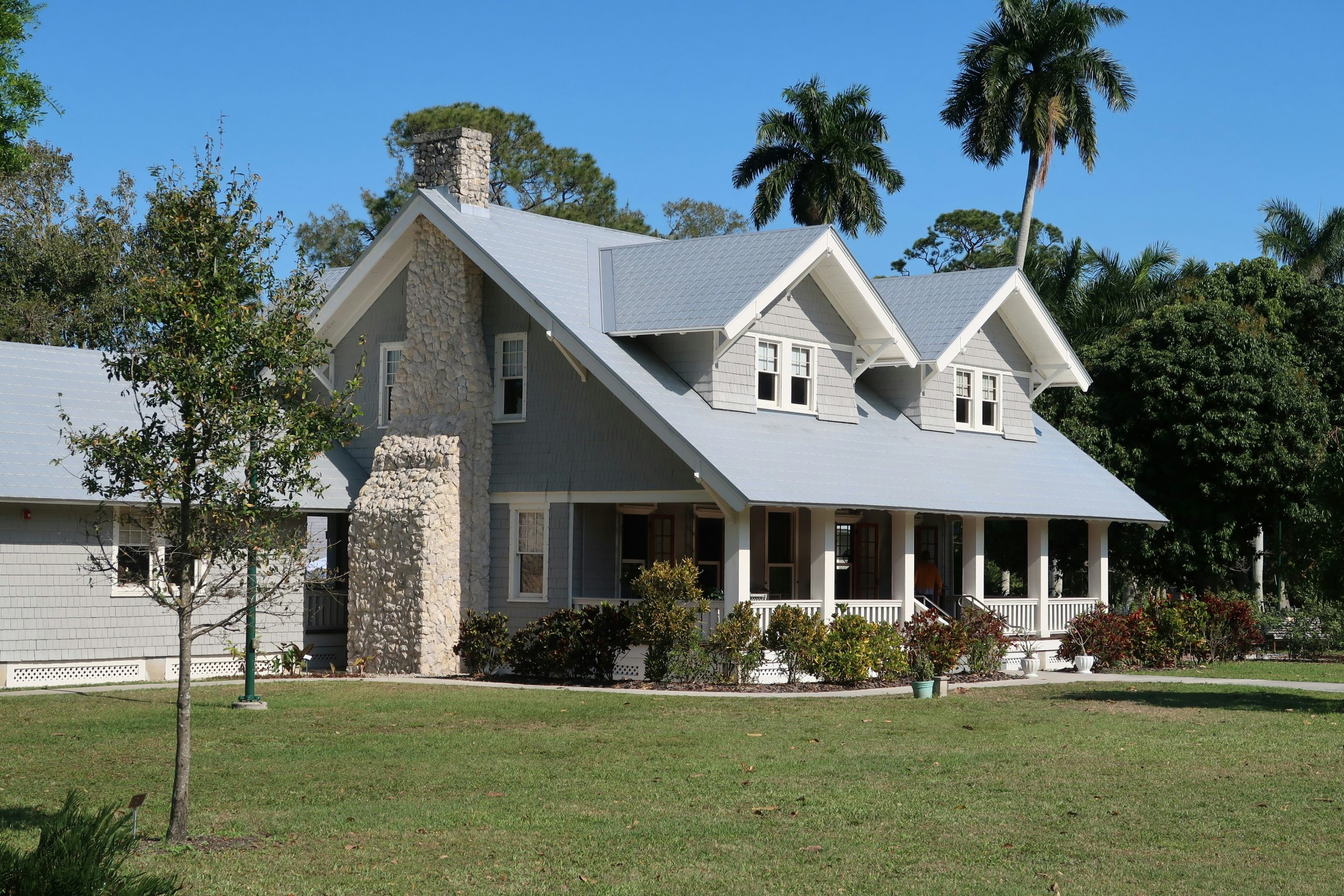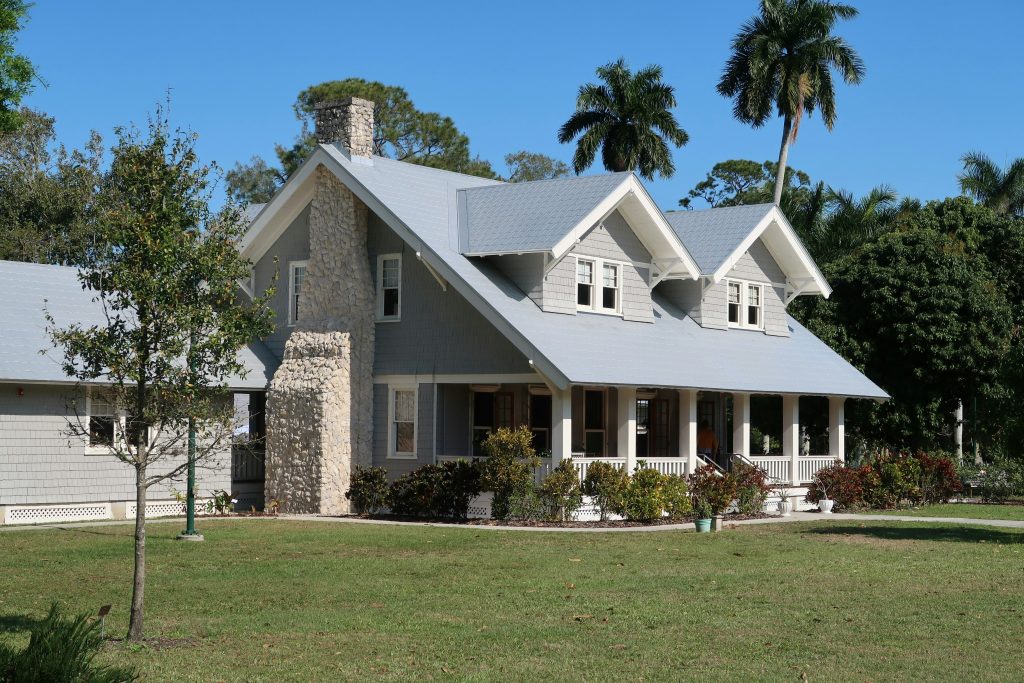Selling a home can be both exciting and daunting, especially in a dynamic real estate market like Wake County. Whether you’re relocating, downsizing, or upgrading, understanding the process and taking strategic steps can make a significant difference in achieving a successful selling a home in Wake County.
Understanding the Wake County Real Estate Market
Wake County, known for its vibrant communities and strong economy, offers a diverse real estate landscape. From urban neighborhoods with bustling city life to serene suburban areas, each locale presents unique selling opportunities. Before listing your property, it’s crucial to grasp current market trends and insights specific to your neighborhood.
Preparing Your Home for Sale
Home Staging Tips
Preparing your home for potential buyers involves more than just cleaning and tidying up. Start by decluttering spaces and depersonalizing decor to help buyers envision themselves living there. Enhance curb appeal with simple landscaping and fresh exterior paint if needed. Address any necessary repairs and consider minor upgrades to make your home more appealing.
Professional Photography
Investing in professional photography can significantly impact how your home is perceived online. Quality visuals attract more interest and can lead to quicker sales. A skilled photographer will capture your home’s best features and create a compelling visual story that stands out in listings.
Setting the Right Price
Comparative Market Analysis (CMA)
Determining the right wake county property listings price requires a thorough Comparative Market Analysis (CMA). This involves assessing recently sold properties in your area with similar features and conditions. A well-priced home not only attracts more buyers but also reduces the risk of prolonged market time.
Marketing Your Property
Online Listings and Platforms
Choosing the right online platforms to list your home is essential. Websites like Zillow, Realtor.com, and local MLS databases are popular choices. Craft a detailed listing description highlighting key features and benefits. Professional photos and virtual tours can further enhance your listing’s appeal.
Social Media Marketing
Utilize social media platforms to expand your reach beyond traditional listings. Share your listing across platforms like Facebook, Instagram, and LinkedIn. Targeted advertising can reach potential buyers based on demographics, interests, and location, increasing your chances of finding the right buyer quickly.
Working with Real Estate Agents
Choosing the Right Agent
Selecting a competent real estate agent is crucial. Look for experience, local market knowledge, and a proven track record. Interview multiple agents to find someone who understands your goals and communicates effectively.
Agent’s Role in Selling
An agent plays a pivotal role in navigating the complexities of selling a home. From pricing strategy to negotiation and closing, their expertise ensures a smoother transaction and better outcomes.
Negotiating Offers and Closing the Sale
Handling Offers
Evaluate offers carefully, considering not only the price but also contingencies and financing terms. Your agent can provide guidance on counteroffers and negotiating the best possible terms.
Closing Process
Once you accept an offer, the closing process begins. This involves finalizing paperwork, inspections, and ensuring all legal requirements are met. Clear communication between all parties involved is essential to avoid delays.
Legal Considerations
Disclosure Requirements
In Wake County, sellers are legally obligated to disclose known issues that could affect the property’s value or safety. Honesty and transparency during this phase build trust with buyers and mitigate potential legal risks.
Legal Documents
Ensure all legal documents, including the sales contract and any addendums, are reviewed thoroughly by legal professionals. Understanding the terms and conditions protects your interests throughout the selling process.
Post-Sale Responsibilities
Moving Out
Plan your move strategically to minimize stress. Coordinate with movers, transfer utilities, and address any final details before handing over the keys to the new owners.
Handling Finances
Consult with a tax advisor to understand the tax implications of selling your home. Capital gains tax may apply depending on your profit from the sale. Proper financial planning ensures you make the most of your sale proceeds.
Conclusion
Selling a home in Wake County involves careful planning, market knowledge, and effective execution. By preparing your home thoughtfully, pricing it competitively, and leveraging marketing strategies, you can maximize your chances of a successful sale in this dynamic real estate market.
Selling a Home in Wake County FAQs
-
What should I look for when choosing a real estate agent?
Look for experience in the Wake County market, good communication skills, and a proven track record of successful sales.
-
How can I enhance my home’s curb appeal?
Simple landscaping, fresh paint, and a well-maintained exterior can significantly enhance your home’s curb appeal.
-
What are the common pitfalls to avoid when selling a home?
Overpricing, neglecting repairs, and inadequate marketing are common pitfalls that can delay the sale of your home.
-
How long does it typically take to sell a home in Wake County?
The time to sell can vary based on market conditions and the desirability of your property, but well-priced homes often sell faster.
-
What are the tax implications of selling a home?
Consult with a tax advisor to understand potential capital gains taxes and how to minimize them.

